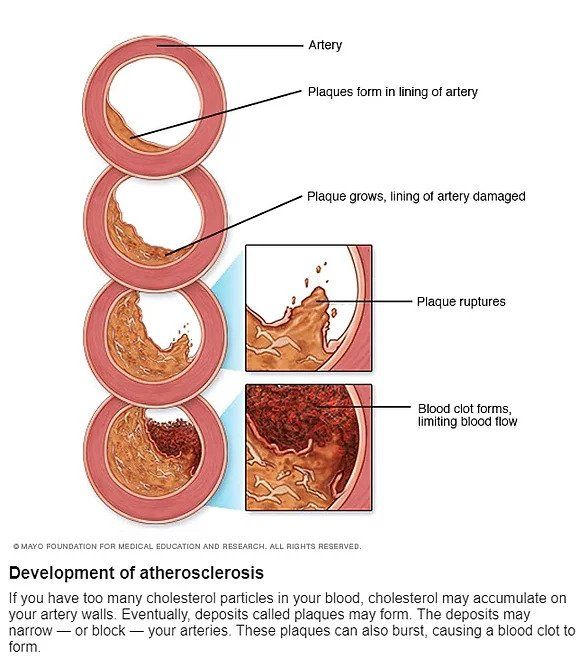Coronary Artery Disease (CAD) Treatments in Daytona Beach, FL
Coronary Artery Disease (CAD) is like having clogged plumbing. Sometimes if the clog isn't severe enough you would never notice until it is too late. A little preventative maintenance goes a long way.
No one plans on having heart problems, but if you do you need to find a doctor you can trust. At Complete Cardiology Care we staff Cardiologists and Electrophysiologists that treat patients with coronary artery disease (CAD) in Daytona Beach, Ormond Beach, Palm Coast, Deltona, Deland, and the surrounding areas.
Most Common
Form of heart disease
18.2 Million
Suffer from CAD in the U.S.
365,914
People died in 2017 from CAD

What is coronary artery disease (CAD)?
CAD is caused by plaque buildup in the walls of the arteries that supply blood to the heart (called coronary arteries) and other parts of the body.
Don't let coronary artery disease (CAD) sneak up on you.
If you are curious how we can help you with your coronary artery disease (CAD), please reach out to us. We are currently accepting new patients. Complete Cardiology Care staffs Cardiologists and Electrophysiologist that serve patients in Ormond Beach, Daytona Beach, New Smyrna Beach, Port Orange, Deltona, Deland, and the surround areas.
Our Cardiologists and Electrophysiologists take nearly all insurances. We accept Aetna, AARP Medicare Complete, Blue Cross / Blue Shield, Cigna, Florida Healthcare, Florida Hospital Care Advantage, Freedom Health, Health First Health, Humana PPO - out of network benefits apply, Medicare, Optimum Healthcare, Railroad Medicare, Tricare, United Healthcare, VHN, Wellcare.
We are also a partner with the VA and are proud to serve those who have served our country!
Self Pay Cardiology services are available too! Call and ask for our price list.

